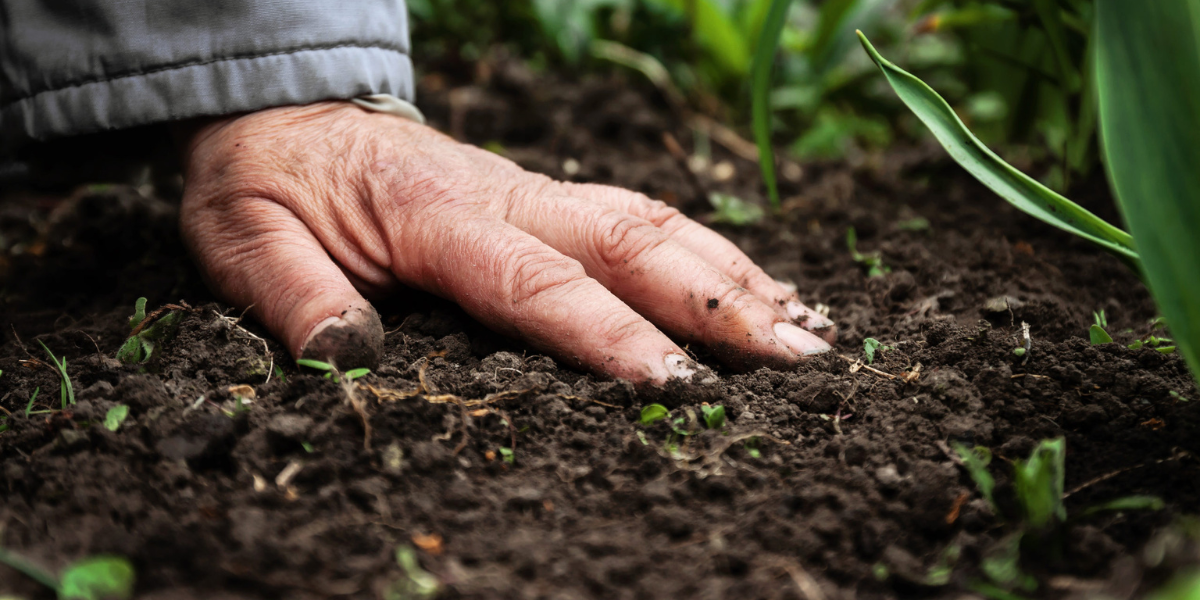The article below is a short English version of an article by Patrick Veillard, originally published (in French) for the SOS Faim newsletter ‘Défis Sud’.
In 2018, the Family Farming Barometer noted the weakness of public policies specific to agroecology in different regions of the world [1]. A few years later, agroecology seems to have made progress, at least in official statements and positions. But what about the real crux of the matter, the question of funding? Are there any positive developments in financial flows, especially in bi- and multilateral cooperation? Are the projects financed in the field aimed at truly transformative agroecology or do they simply paint the classic agroindustry model in Green?
The first element of the answer can be found in a report by the United Nations (FAO, UNDP, and UNEP), which denounced in September 2021 the “socially and environmentally harmful” nature of most public agricultural subsidies in the world. This is a rare position shared by the three UN agencies and underlines the Copernican revolution that still needs to be accomplished in terms of public funding to support sustainable food systems [2].
Another indication of the low budgets dedicated to agroecology can be found in a report by the High-Level Panel of Experts (HLPE) on Food Security and Nutrition of the Committee on World Food Security (CFS), which indicated in 2019 that public investment in agroecological approaches was estimated at 1.5% of the total budgets devoted to development aid and agriculture [3].
The picture is not much better in the area of development policy. A 2020 publication by CIDSE and Coventry University reported that only 2.7% of EU multilateral cooperation funds channeled through UN agencies (FAO, IFAD, and WFP) between 2016 and 2018 supported the agroecological transition. Even if the picture was only partial and the European Commission is probably more ambitious at the bilateral level, the overall picture remains one of low support, as other studies focusing on the UK (5%), France (12.6%), Belgium (16%) or Denmark (1.4%) have shown [4].
Vincent Dauby, CIDSE Food and Land Officer, believes that “the European delegations in each country” are an important target, in addition to the EU’s multi-annual financial framework, which is currently being revised.
These delegations must be informed about agroecology and assisted in the selection and evaluation of projects, which currently have a strong focus on issues such as returns on investment.
Vincent Dauby
Finally, another observation is that an increasing number of international funding sources are focusing on climate issues, which constitutes an opportunity for additional funds, but also presents risks of agroecology approaches that are too partial. According to Vincent Dauby:
There are risks of overly technical and carbon-centered approaches, which is why civil society is advocating for agroecology principles rather than practices in climate negotiations.
Vincent Dauby
The examples mentioned in the full version of the article illustrate the need to improve not only the volumes but also the quality of funding dedicated to agroecology. A study by CIDSE and CAWR at Coventry University lists avenues for development in this area, focusing on socio-political dimensions, co-governance, equal rights, or the flexible, multi-dimensional, and long-term nature of the monitoring of funded projects [5].
Notes:
[1] Veillard P. 2018. Quelles politiques publiques pour soutenir la transition agroécologique ? Défis Sud n°136. Le Baromètre des agricultures familiales.
[2] In particular, the report indicates that 87% of $540 billion of support to agricultural producers is either price distorting or harmful to nature and health. UNEP, UNDP, FAO. 14/09/2021. A Multi-Billion-Dollar Opportunity: Repurposing agricultural support to transform food systems
[3] HLPE. 2019. Agroecological and other innovative approaches for sustainable agriculture and food systems that enhance food security and nutrition
[4] Coventry University, CIDSE. September 2020. Analysis of funding flows to agroecology. The case of European Union monetary flows to the United Nations’ Rome-based agencies and the case of the green climate fund.
[5] Coventry University, CIDSE. April 2021. Making money move for agroecology. Transforming Development Aid to support agroecology. Policy Briefing.
Cover image: A female old hand on soil-earth. Credit: UserGI15633745/iStock/Getty Images

